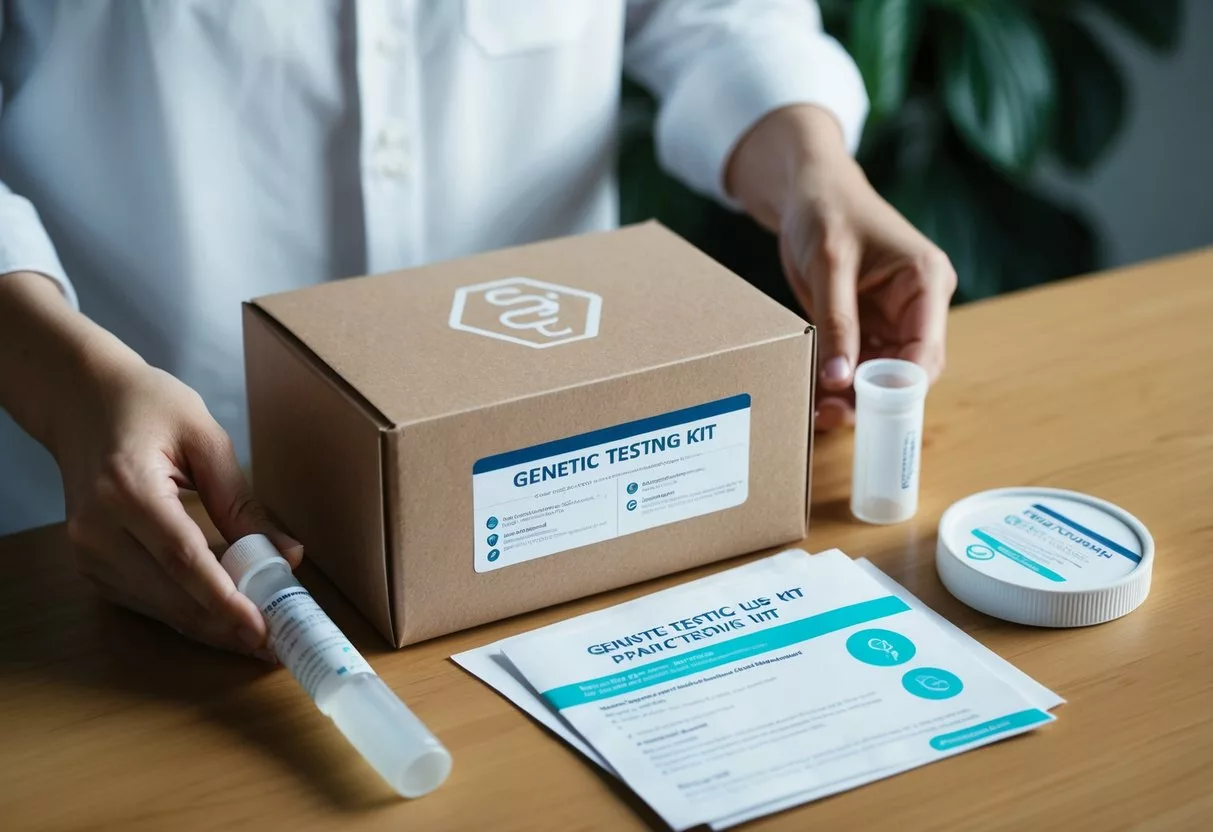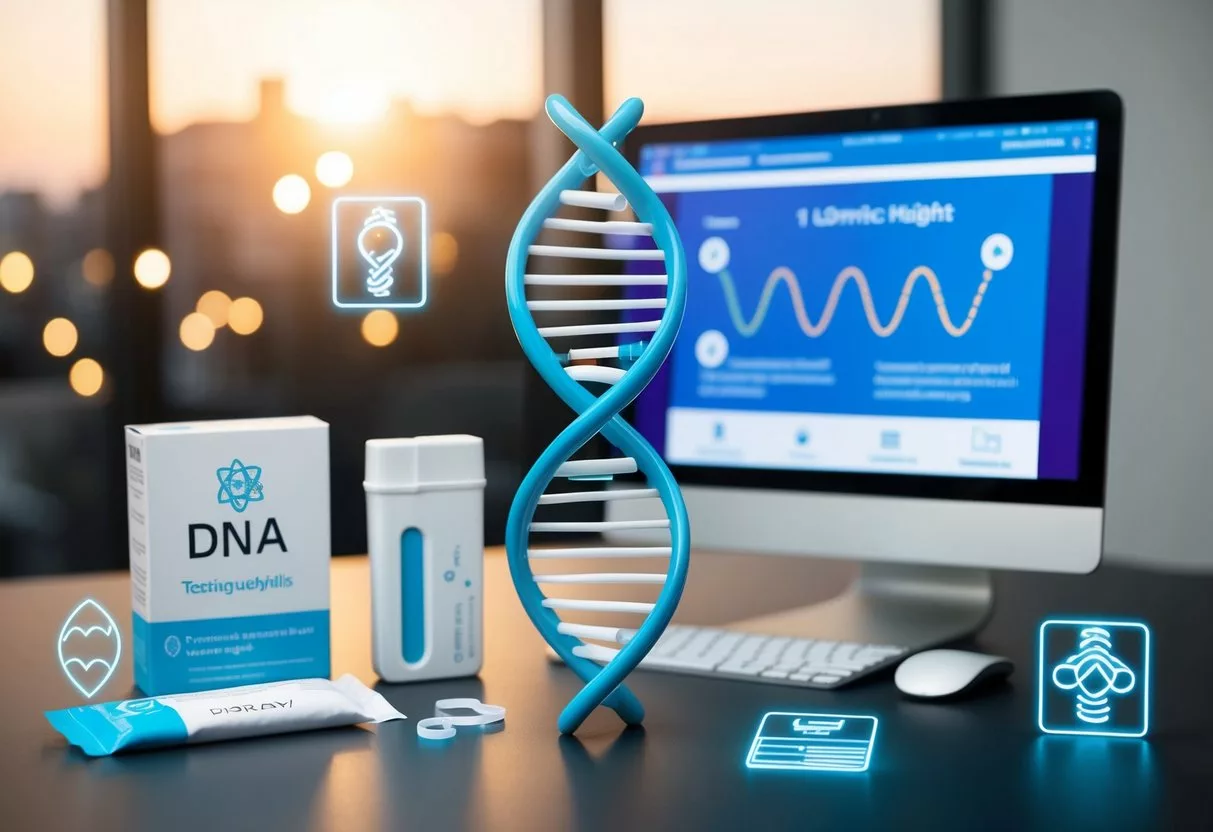Direct-to-consumer genetic testing for fitness insights has become popular in recent years. These tests claim to provide personalized information about a person’s athletic potential and how their body responds to different types of exercise. Many people are curious about what their genes can tell them about their fitness abilities and how to optimize their workouts.

Direct-to-consumer genetic testing can offer insights into a person’s fitness potential and help tailor exercise routines, but the results should be interpreted carefully. The tests look at specific genetic markers linked to traits like muscle strength, endurance, and injury risk. This information can be used to create customized fitness plans based on a person’s genetic profile.
While genetic testing for fitness can be interesting, it’s important to remember that genes are just one part of the equation. Factors like diet, lifestyle, and training also play big roles in athletic performance and fitness outcomes. Consumers should view these tests as one tool among many for improving their health and fitness, rather than definitive answers about their athletic abilities.
Overview of Direct-to-Consumer Genetic Testing

Direct-to-consumer genetic testing has grown rapidly in recent years. These tests provide individuals with insights about their genetic makeup without requiring a doctor’s order. They offer information on ancestry, health risks, and even fitness potential.
Evolution of Direct-to-Consumer Genetic Tests
The first direct-to-consumer genetic tests appeared in 2007. Early tests focused mainly on ancestry and basic health information. Over time, the scope of these tests expanded significantly.
Today’s tests can provide data on:
- Disease risks
- Carrier status for inherited conditions
- Likely responses to medications
- Fitness and nutrition traits
As technology improved, costs decreased. This made genetic testing more accessible to the general public. Companies also enhanced their ability to analyze and interpret genetic data.
Types of Tests and Companies
Several types of direct-to-consumer genetic tests are now available:
- Health and wellness tests: These look at genetic markers linked to various health conditions and traits.
- Ancestry tests: These analyze a person’s genetic heritage and ethnic background.
- Fitness and nutrition tests: These examine genes related to athletic performance, metabolism, and dietary needs.
Some tests focus on specific areas, while others offer comprehensive genetic profiles. Major companies in this space include 23andMe, AncestryDNA, and FamilyTreeDNA.
Understanding the Genetic Testing Market
The direct-to-consumer genetic testing market has seen rapid growth. It’s driven by consumer interest in personalized health information and ancestry data.
Key factors shaping the market include:
- Decreasing costs of genetic sequencing
- Advances in data analysis and interpretation
- Growing public awareness of genetics
- Regulatory changes affecting test availability
Privacy concerns remain a significant issue. Many consumers worry about how their genetic data might be used or shared.
The market continues to evolve. New players enter regularly, offering specialized tests or innovative services. This dynamic landscape presents both opportunities and challenges for consumers and healthcare providers alike.